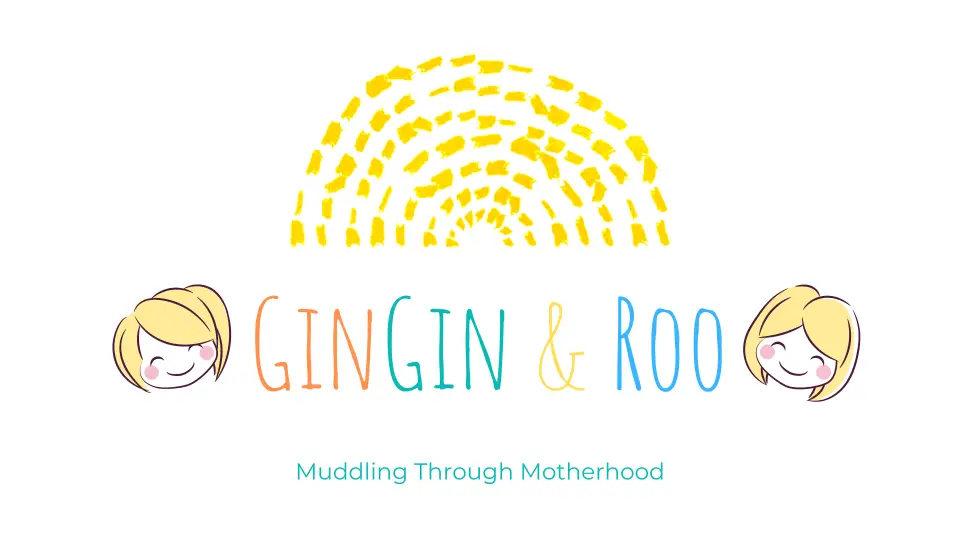It looks like this page is missing. Maybe try a search below?
It looks like this page is missing. Maybe try a search below?
Come and join my Facebook Community for mums to share experiences of parenting. We chat about the highs, the lows and everything in-between of this little rollercoaster called motherhood. I like to think of it as a place for the school-run-mummy-chats, without the hassle of the school run.

Hi I'm Jennie, mum of two girls and award-winning blogger with a PhD in History. I help mums navigate through the early stages of motherhood to the tricky toddler years and beyond. Here you'll find parenting tips that worked for me and my two baby girls. You'll also find fun ideas for learning through play, as well as advice for surviving motherhood.
GinGin & Roo is a participant in the Amazon Services LLC Associates Program, an affiliate advertising program designed to provide a means for sites to earn advertising fees by advertising and linking to Amazon.com.

